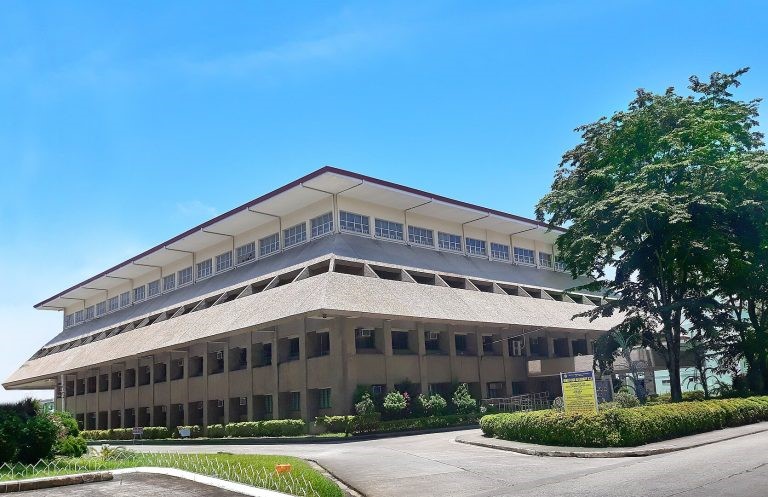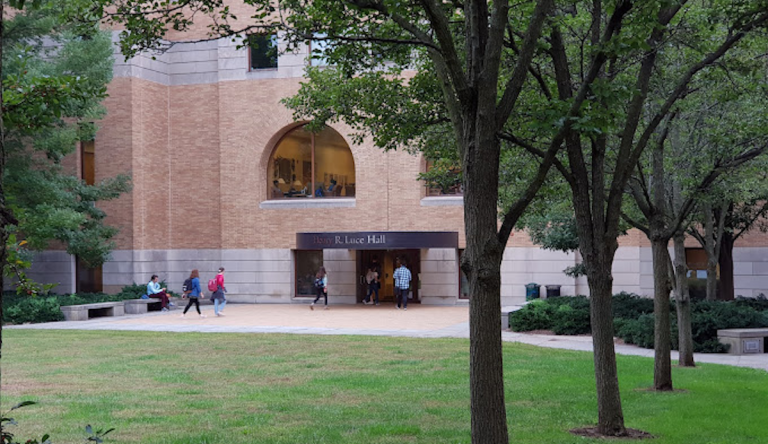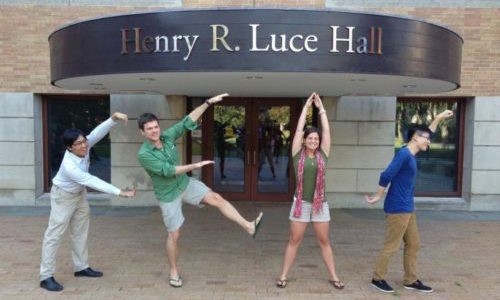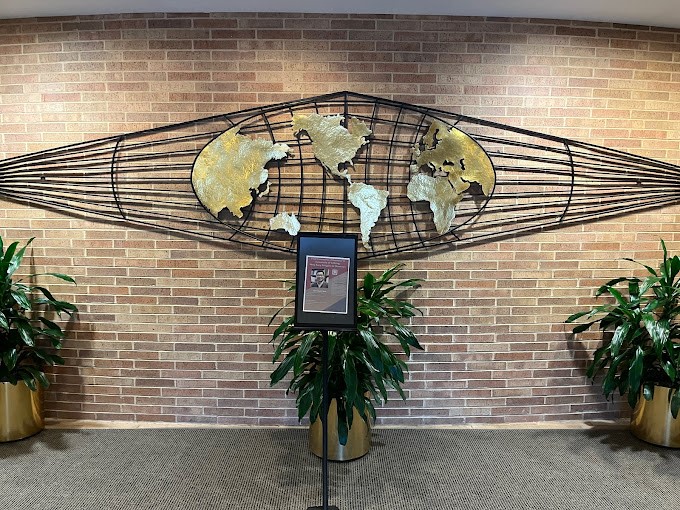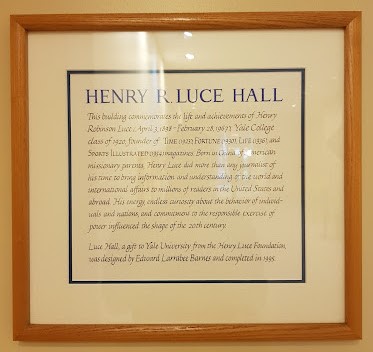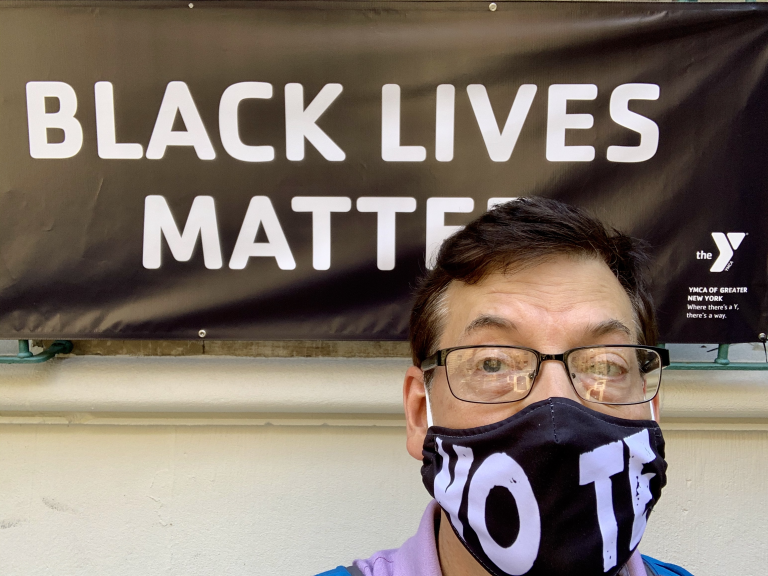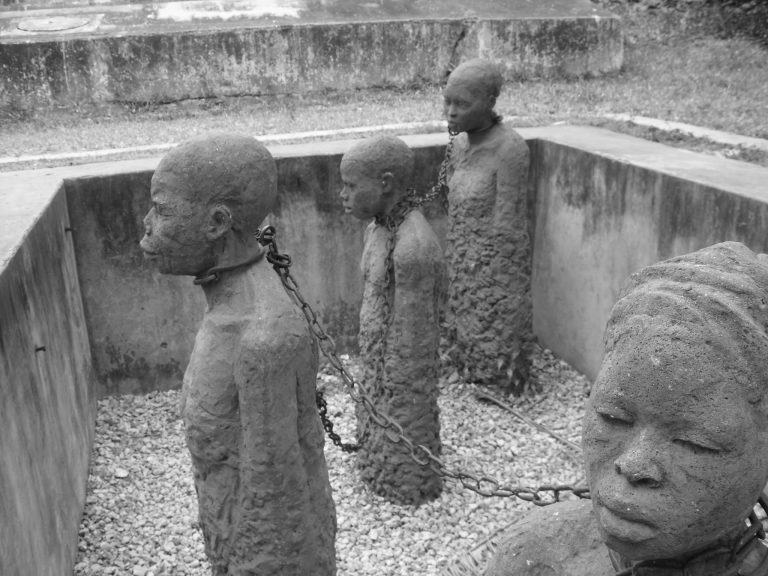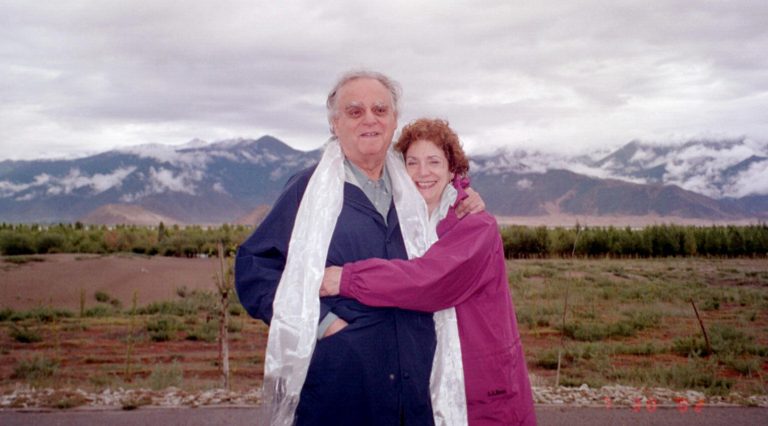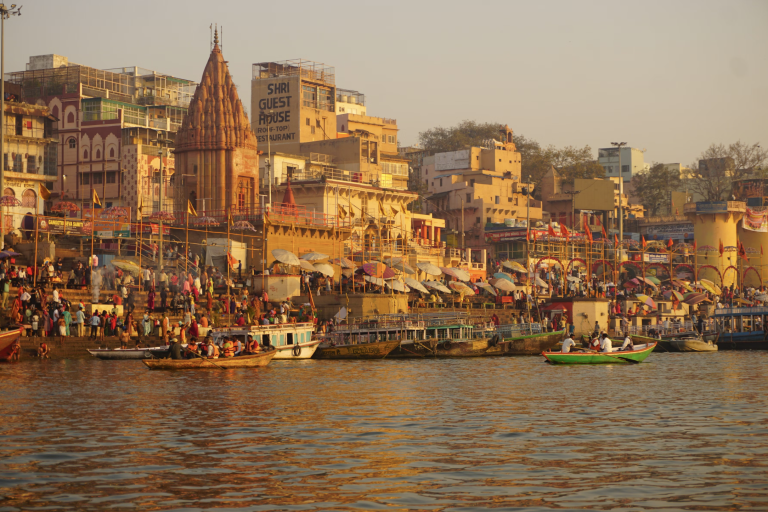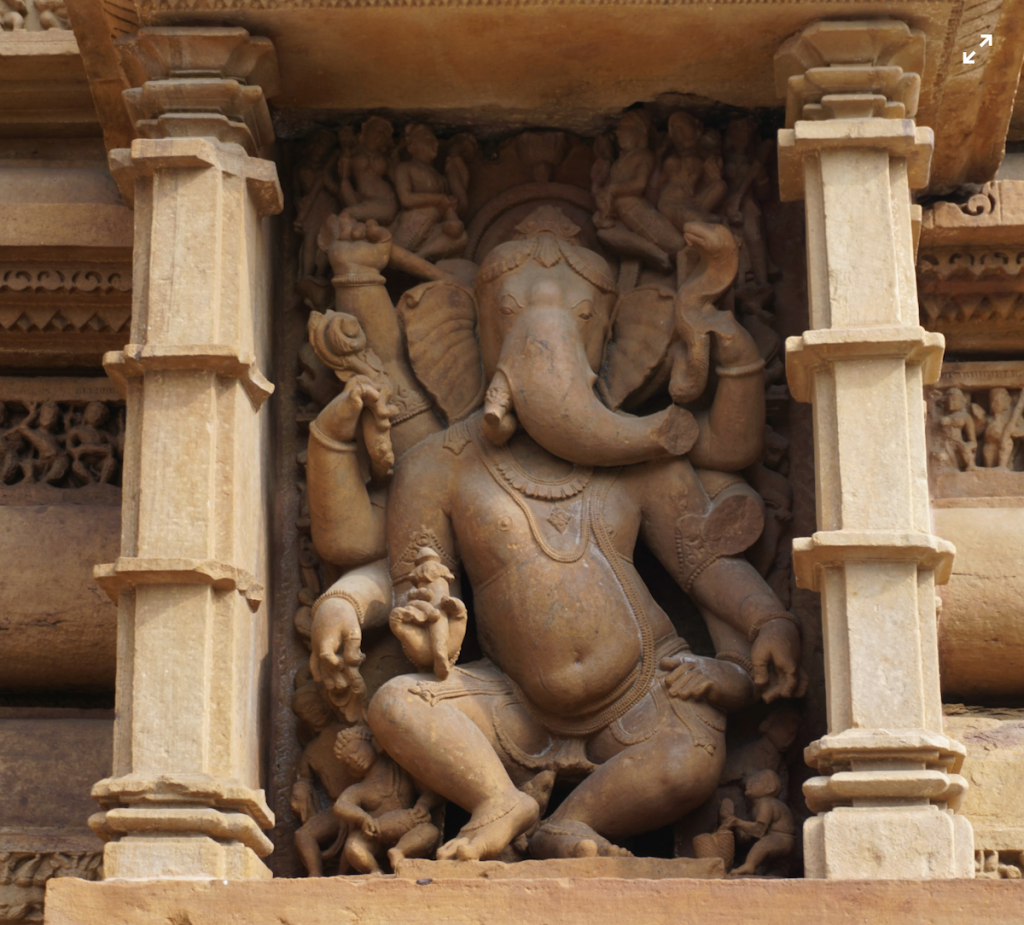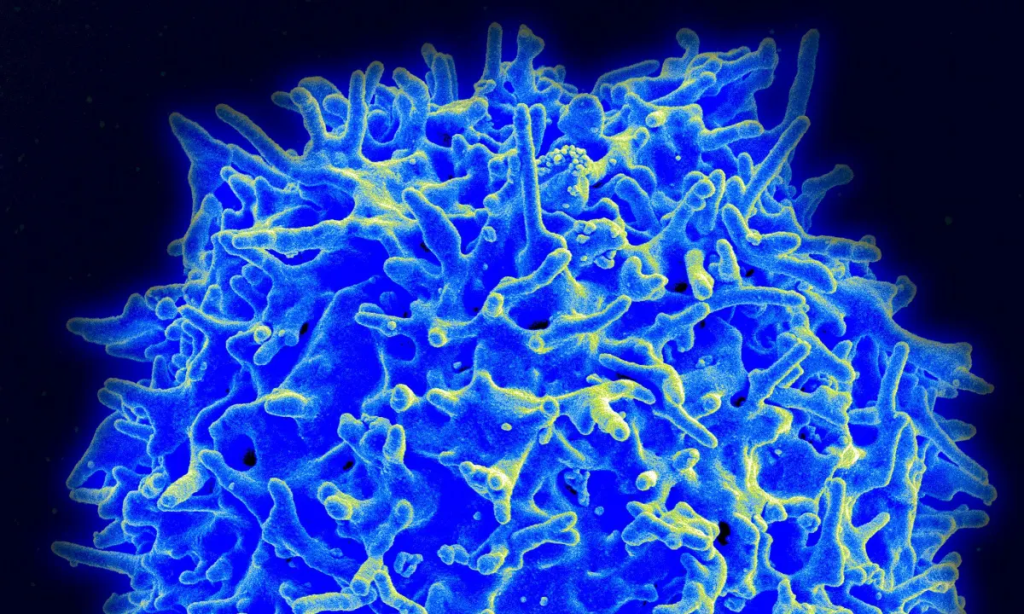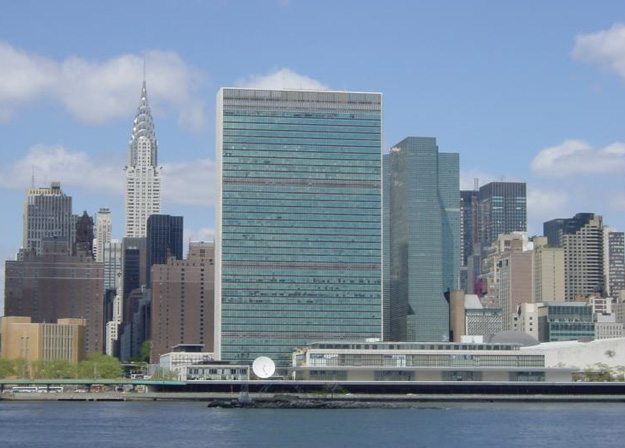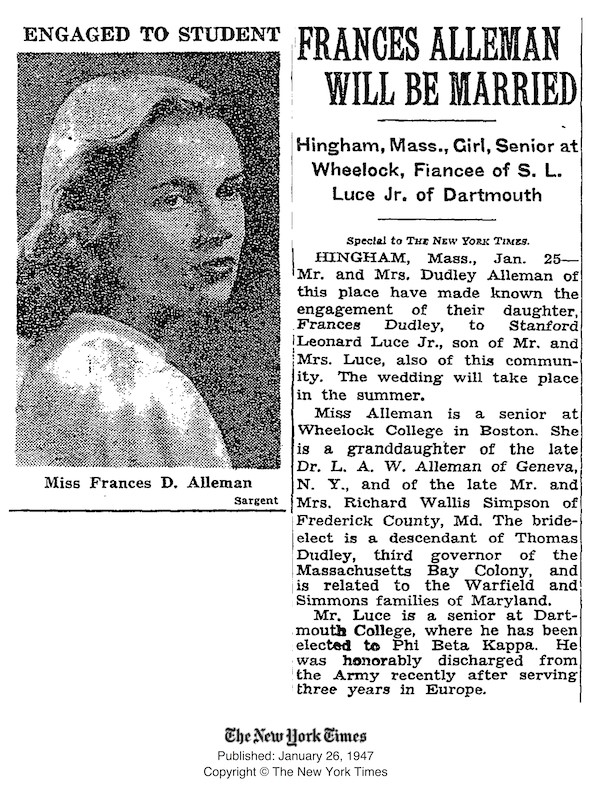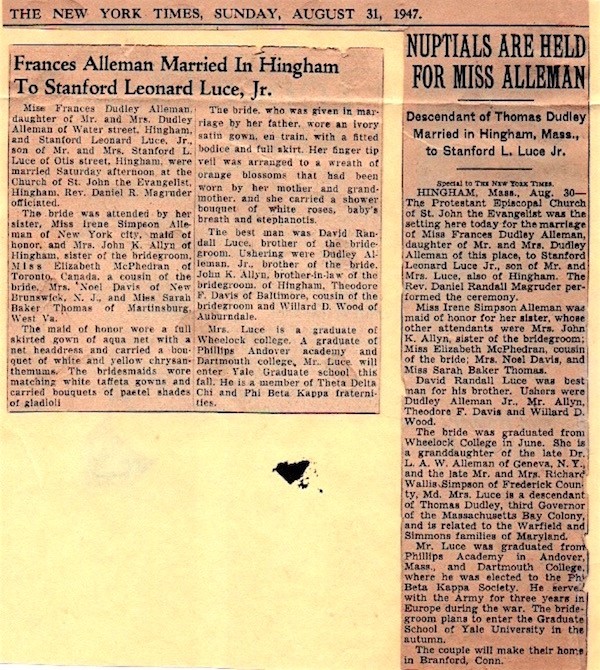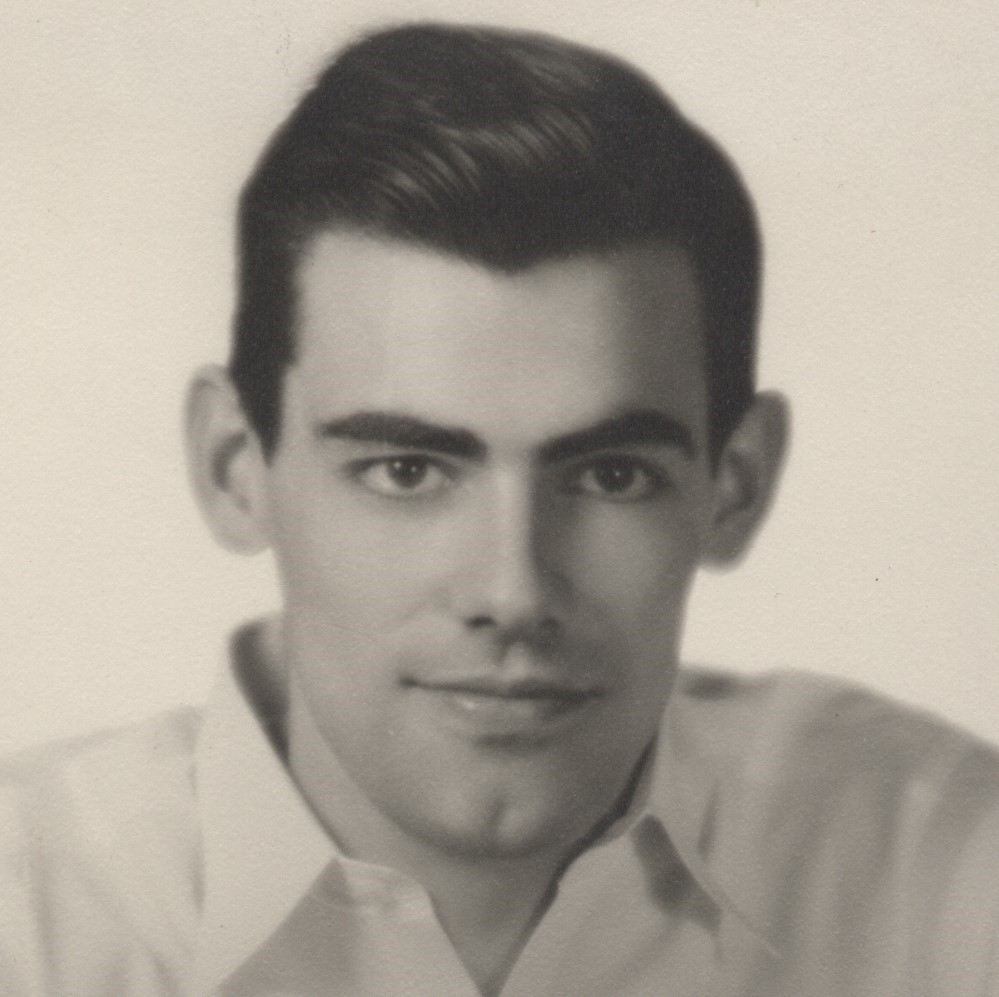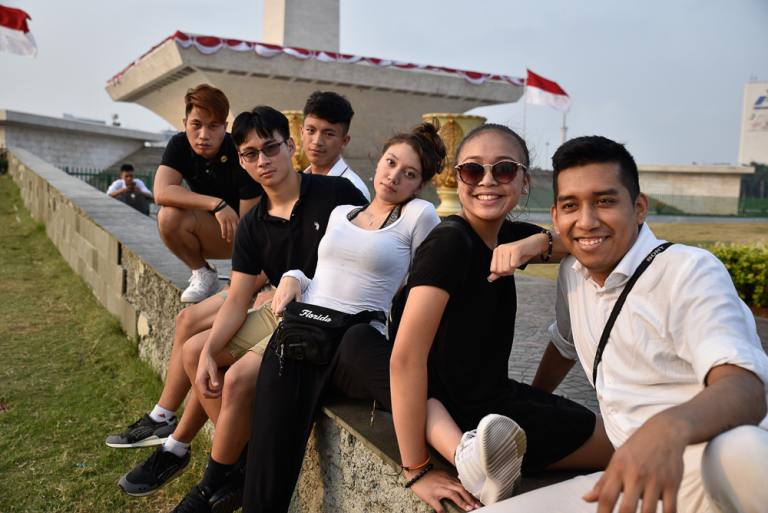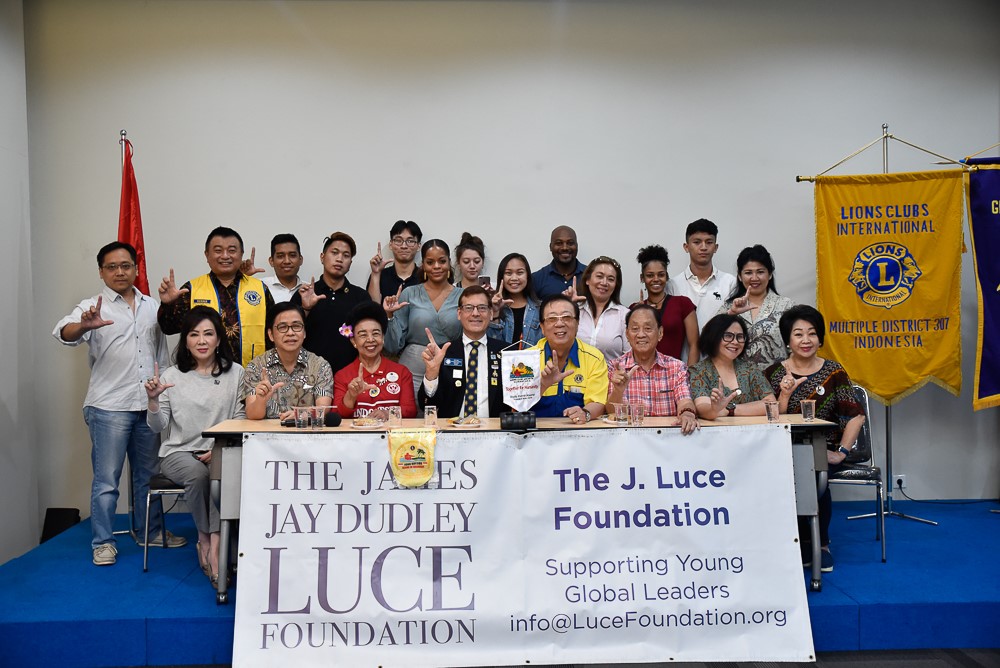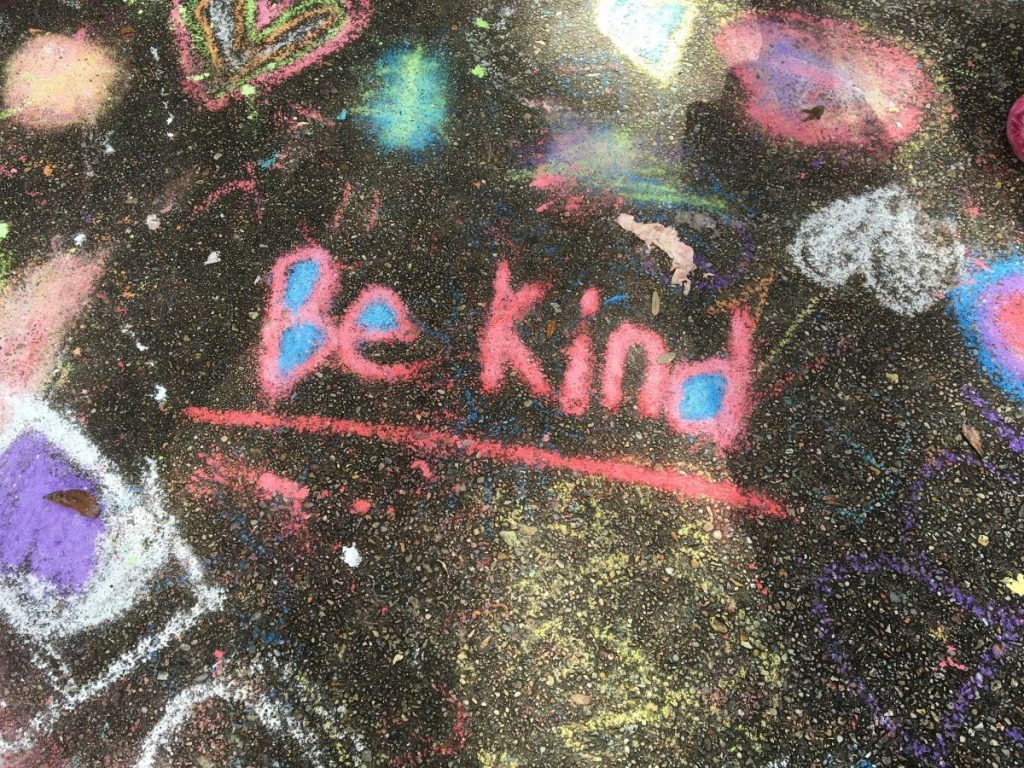[draft]
The Henry Luce III Library, the main library which encompasses the library system’s departmental libraries, was constructed in 1991 through the Henry Luce Foundation in honor of Henry Luce III, the elder son of the founder and editor-in-chief of Time Inc.
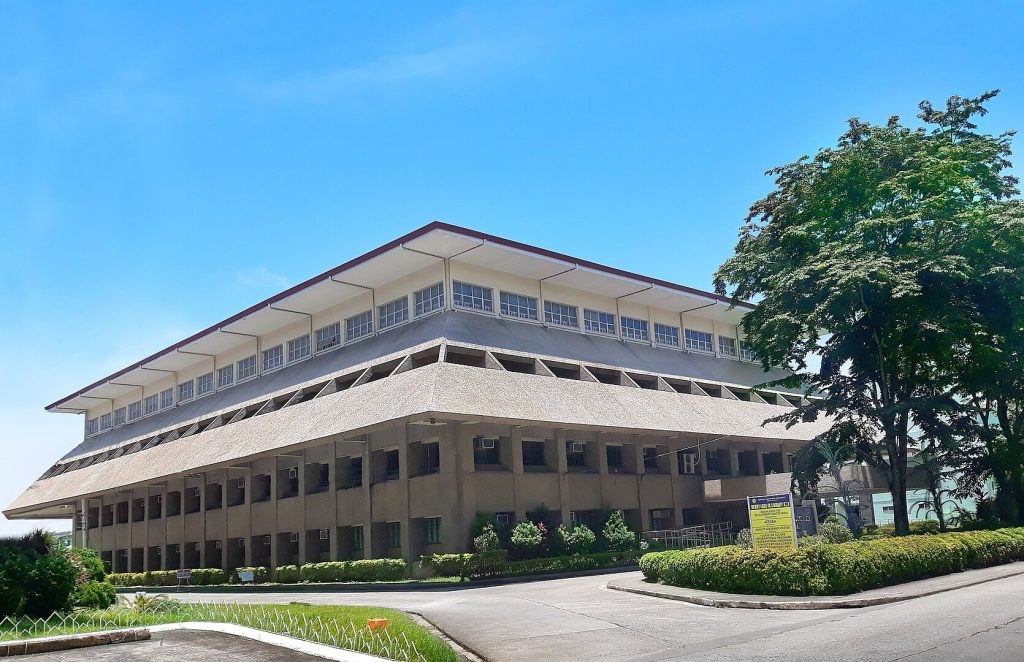
Central Philippine University (also known as Central or CPU) is a private research university located in Jaro, Iloilo City, Philippines. Established in 1905 through the benevolent grant of the American industrialist and philanthropist John D. Rockefeller as the Jaro Industrial School and Bible School under the supervision of the American Baptist Foreign Mission Society, it is the first Baptist and second-American founded university in the Philippines and Asia.
The Central Philippine University Library has been designated as a depository of the United Nations. The library is also a regular recipient of library materials from international and local organizations and centers such as the United Nations Educational, Scientific and Cultural Organization (UNESCO), Population Council in New York, and the National Library of the Philippines in Manila.
Through the library system’s American Studies Resource Center (ASRC) or American Corner, the first of its kind in Visayas which is located in the main library (Henry Luce III Library), is also a regular recipient from the: Thomas Jefferson Information Center in Manila (one of the 13 such centers in the Philippines), and the United States Information Service. The Henry Luce III Library’s American Studies Resource Center (ASRC) helps/assists students who want to study in the United States through its Educational Advising Program.
A Knowledge for Development Center for Western Visayas, donated by the World Bank in consortium with the university was launched in 2008. The CPU–World Bank Knowledge for Development Center is one of such centers which are hubs for dialogue and research on development issues established by the World Bank in key cities around the country in partnership with leading state and private universities.[4]
The library system at present, maintains accord with the libraries of Silliman University, the sister institution of Central Philippine University, and the Trinity University of Asia.
Library System[edit]
The Central Philippine University Library System is composed of the Henry Luce III Library (Main Library) and the local libraries of the College of Law, Junior High School, Senior High School and the Elementary School. The libraries for College of Theology and the School of Graduate Studies, formerly housed at Johnson Hall and the Alumni Building, respectively, are now housed at the Henry Luce III Library. The main library building has a seating capacity of 1,000 persons, High School Library 150; the Elementary Library, 125, and the College of Law, 42. The total seating capacity of the University Libraries at present is 1,320. At present, the University Libraries have a total holding of about 236,307 (250,000+) pieces of print materials distributed at the different sections of the three storey Main Library and the departmental libraries. The library system’s maintains accord with the Silliman University and the Trinity University of Asia libraries.

The main library holding volumes include the Graduate Studies, Theology and the Special Collections. The Elementary Library has 30,071 volumes, the High School library has 20,024, and the College of Law Library, 6,108 accessioned volumes.
Periodicals. The Library maintains subscriptions to both local and foreign print periodicals as well as subscription to ONLINE journals (OVID Medline), 8 local newspapers and more than 1,200 irregular titles or serials acquired through/from library linkages. In addition, the library receives 1,315 titles through exchanges and through gifts from local and foreign institutions. Other titles come as free mails, from here and abroad, although these are irregular. All in all, the library receives a total of 1,191 periodical titles excluding the Theology Library holdings. The Theology Library maintains and subscribes to 38 foreign and local publications. 25 titles come as gifts from Baptist World Alliance, World Council of Churches and friends of the Library.
The Henry Luce III Library follows the Library of Congress Classification and the subject headings are based on the Library of Congress Subject Headings. The Junior High School and Elementary Library follows the Dewey Decimal Classification. The library holdings may be searched online through the Online Public Access Catalog (OPAC), Destiny Online Catalog.
- ^ The Henry Luce III Library History. Retrieved 08-30-2020.
- ^ Jump up to:a b “The Henry Luce III Library of Central Philippine University is donated by Henry Luce III, the elder son of the founder and editor-in-chief of Time Inc., who held prominent positions at the company and went on to be head of the Henry Luce Foundation.” Henry Luce III Library. Retrieved 2012-04-19.
- ^ World Banks’ Knowledge for Development Centers in the Philippines. Retrieved 05-03-12
- ^ September 26, 2008—The World Bank launched today its 11th Knowledge for Development Center (KDC) at the Central Philippine University (CPU) in Jaro, Iloilo City..Retrieved 05-03-12
Henry Luce III Library Rockefeller-funded Central Philippine University (May 31, 2023)
